A rapidly progressive foot drop caused by the posttraumatic Intraneural ganglion cyst of the deep peroneal nerve, BMC Musculoskeletal Disorders
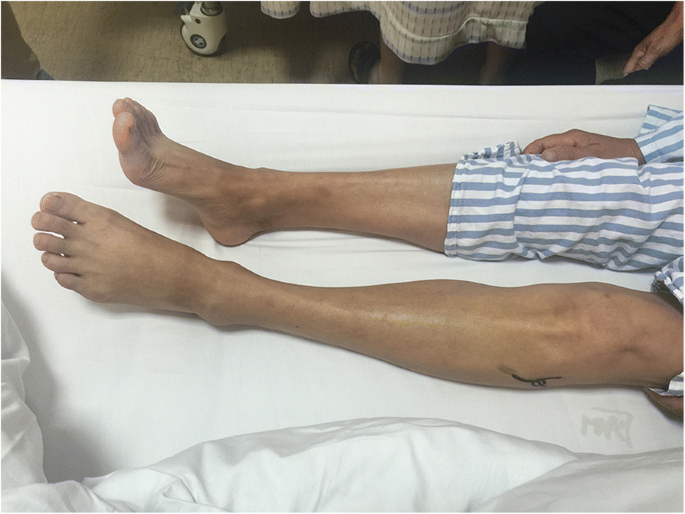
By A Mystery Man Writer
Background Intraneural ganglion cysts usually arise from the articular branch of the nerve. The relationship between intraneural ganglion cysts and trauma is not clear. Case presentation We report a case of a 62-year-old female with a rapidly progressive foot drop caused by a posttraumatic intraneural ganglion cyst of the deep peroneal nerve. We excised the ganglion cyst and performed nerve decompression. After the surgery, the patient had a functional recovery. Conclusions The concurrence of an intraneural ganglion cyst and trauma may increase damage to the nerve, although it is difficult to diagnosis before an operation. Early diagnosis and early proactive interventions would likely be associated with a good outcome.
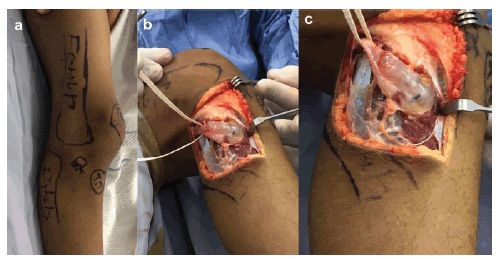
Compressive peroneal nerve neuropathy by ganglion cyst in an 11

Intraneural Synovial Cyst of the Common Peroneal Nerve: An Unusual

PDF) Deep Peroneal Nerve: From an Anatomical Basis to Clinical

PDF) Proximal Sciatic Nerve Intraneural Ganglion Cyst
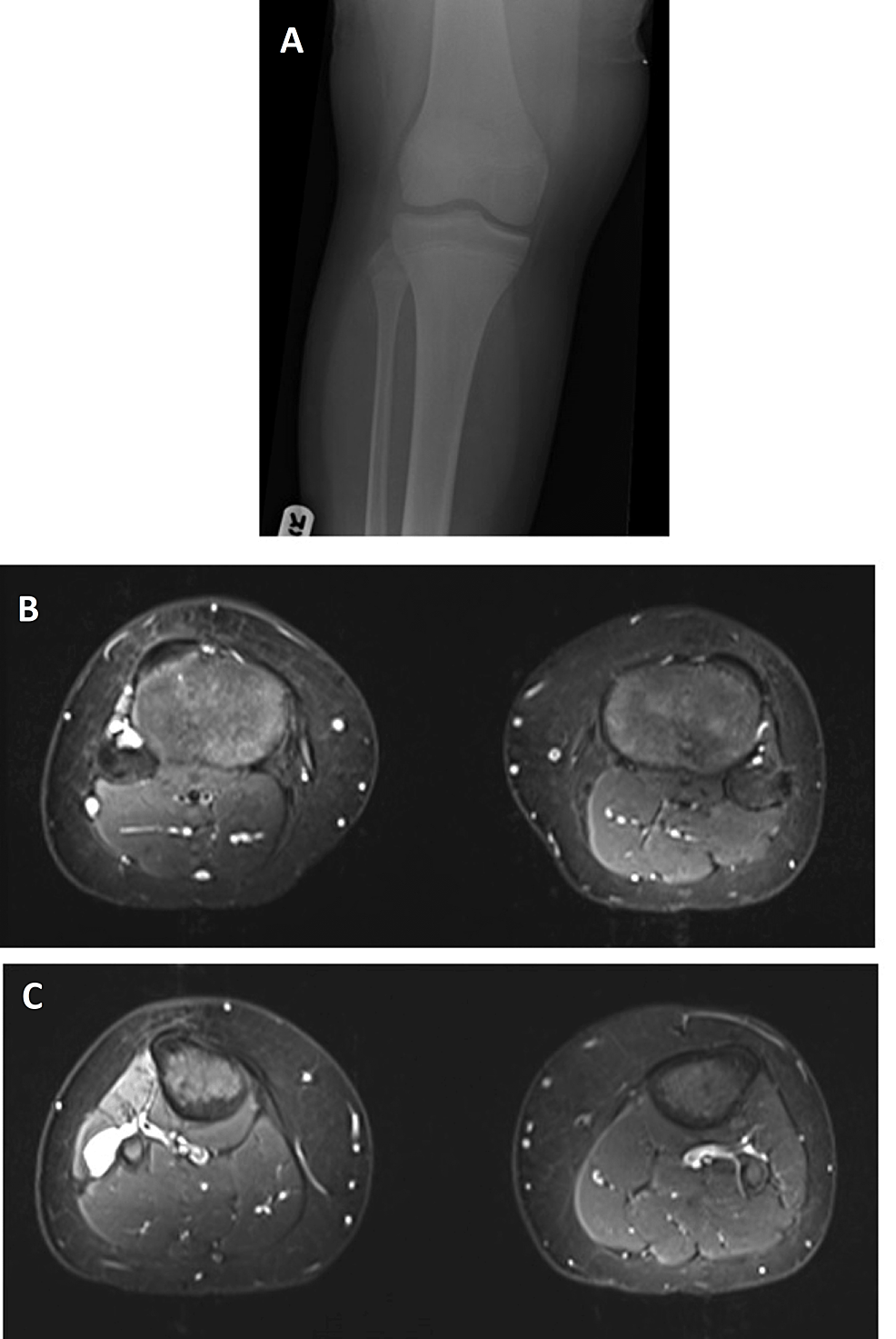
Cureus Common Peroneal Nerve Compression Neuropathy Due to a

PDF] Magnetic resonance imaging of a deep peroneal intraneural

Magnetic Resonance Imaging of the Peripheral Nerve
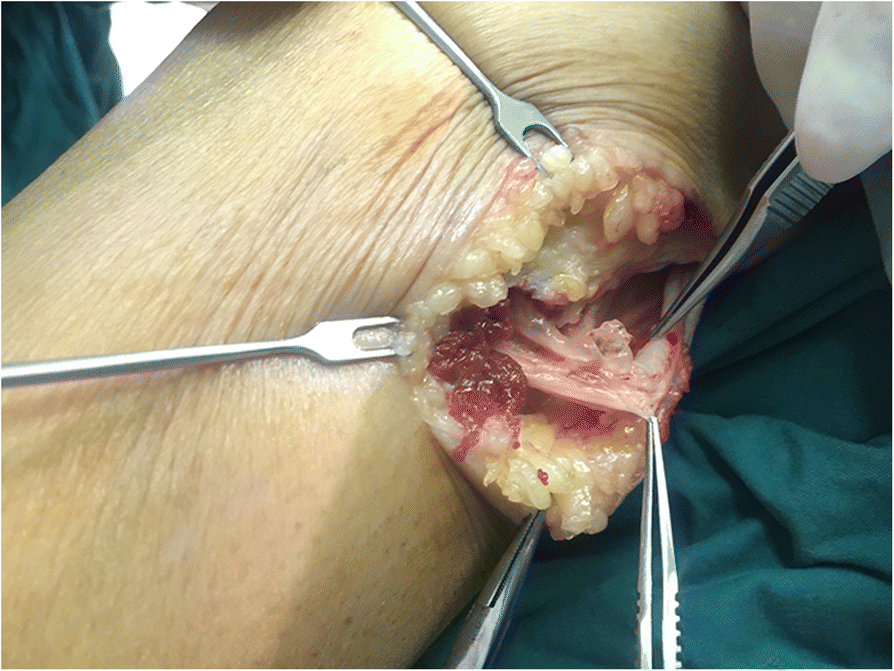
A rapidly progressive foot drop caused by the posttraumatic

A rapidly progressive foot drop caused by the posttraumatic
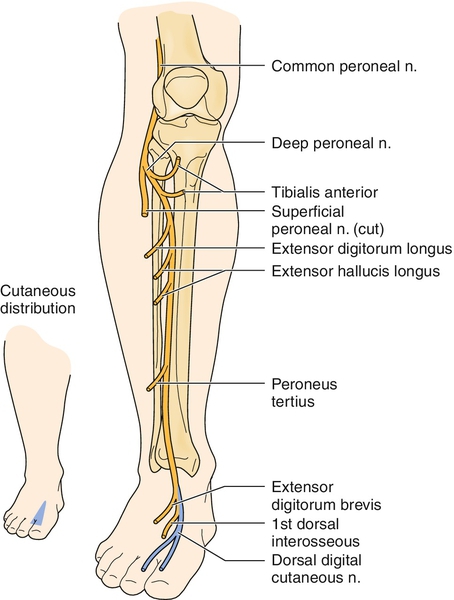
75: Peroneal Neuropathy

A rapidly progressive foot drop caused by the posttraumatic
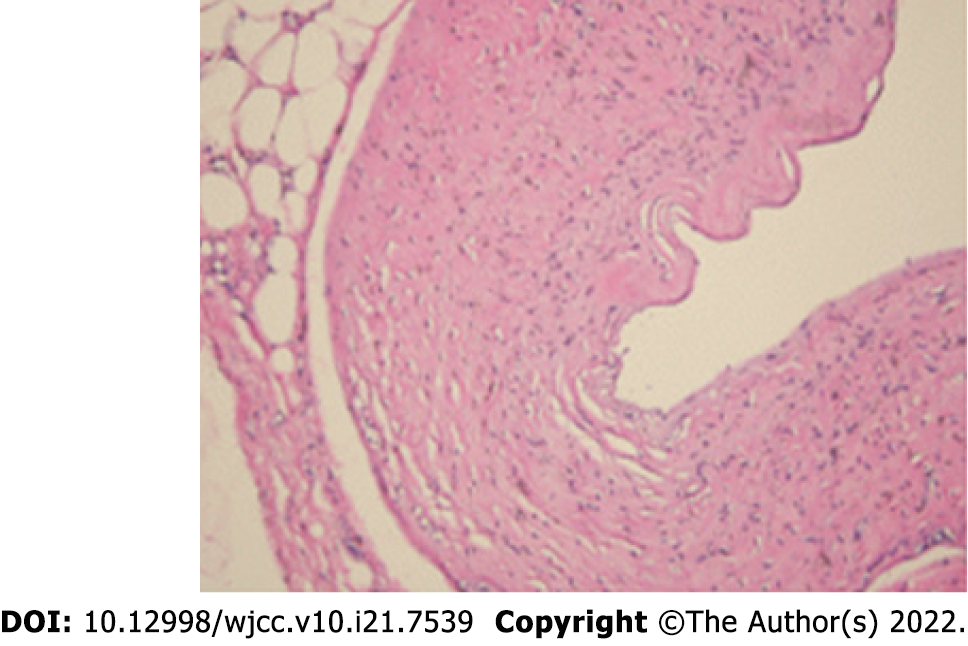
Differential diagnosis and treatment of foot drop caused by an
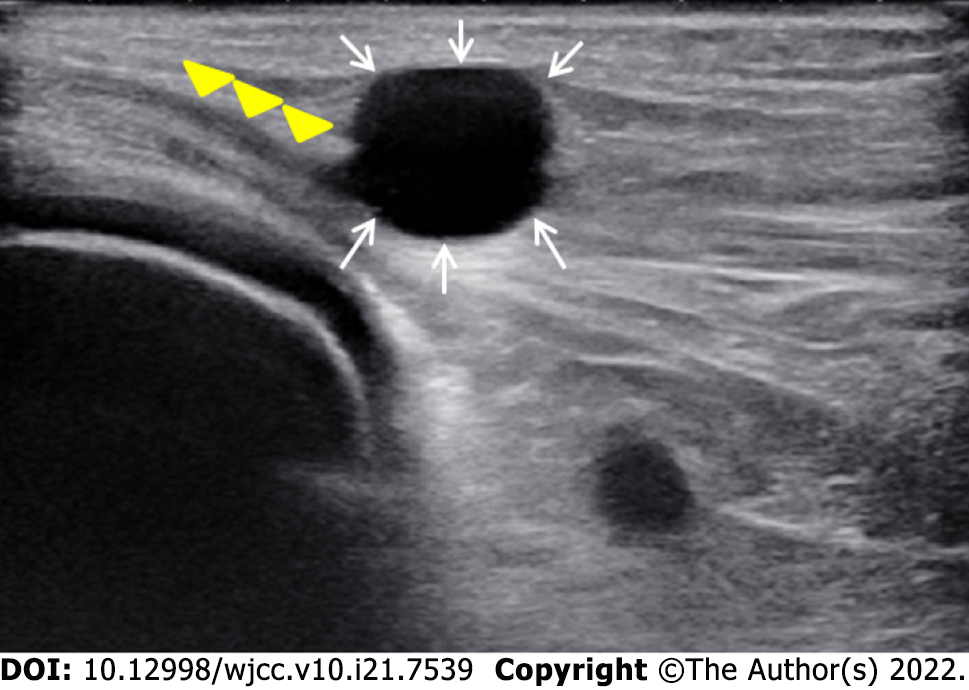
Differential diagnosis and treatment of foot drop caused by an

Intraneural ganglion cysts of the peroneal nerve
- Foot Drop: Practice Essentials, Anatomy, Pathophysiology
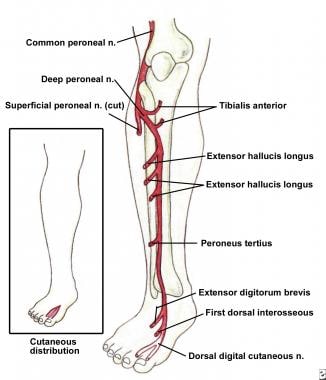
- Foot Drop, peroneal nerve Injury

- What is foot drop?

- Foot Drop The Chelsea Clinic Chiropodists Podiatrists
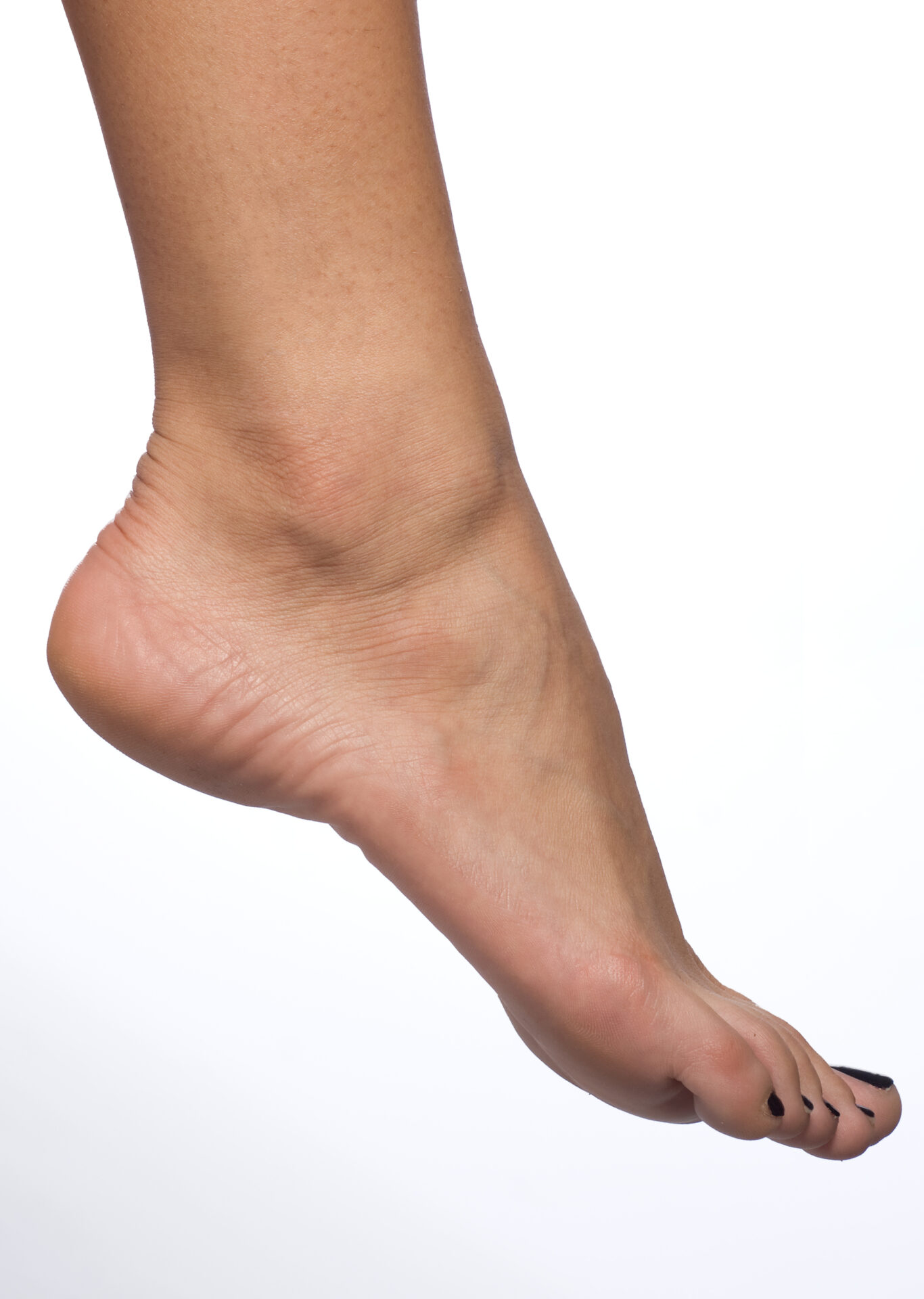
- Wephysio MFC - What is Foot Drop? 🔵 Foot drop, also known as the drop foot is not a disease, but rather a commonly encountered symptom of a neurological, anatomical or a
- Best Leggings Saleina Leggings Soft Earth - Horizon Athletic AU

- Romals Women's Push-up Bras 6 Pack T-Shirt Bras for Women Brassieres Underwire Bra 99012 40DD Bra at Women's Clothing store

- Cotton Bras 34DDD, Bras for Large Breasts

- Bali Passion for Comfort® Smooth Lace Underwire Bra DF6590 - Macy's
- Buy DJ FINDER Cotton Yoga Socks Sport Fitness Half Toe Ankle Grip Gym No-Slip Socks for Pilates, Barre, Ballet, Barefoot Workout - 1 Pair Online at Best Prices in India - JioMart.
)

